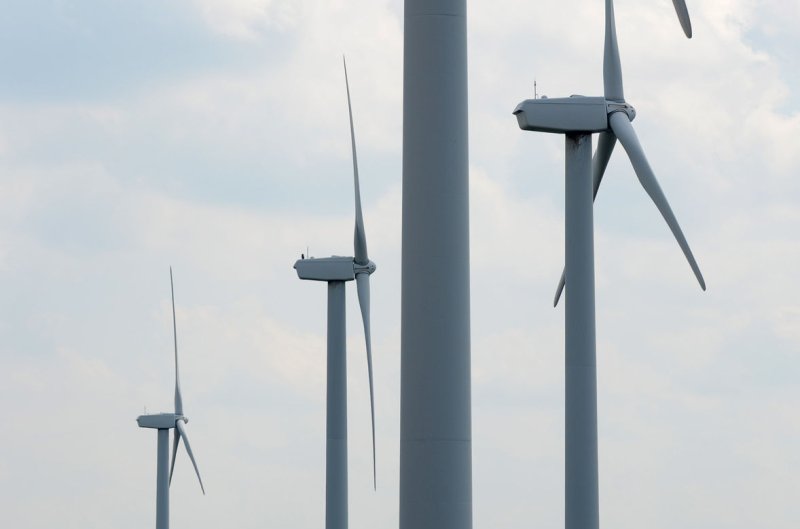
JinkoSolar has confirmed plans to invest $50 million into a factory in Florida to supply NextEra Energy Resources with up to 2.75 gigawatts of solar modules over four years. It’s the first move by a Chinese PV giant to invest in U.S. manufacturing in response to the Trump administration’s 30 percent tariff on imported solar products
The announcement makes official a plan that’s been reported on for months. JinkoSolar first said it was planning a U.S. factory in January, as part of a master solar module supply agreement with an unnamed U.S. counterparty to provide around 1.75 gigawatts of high-efficiency solar modules over three years.
The search for possible locations for the factory quickly zeroed in on Jacksonville, Florida, where the city council had approved $24.2 million in incentives to attract an unknown foreign manufacturer to build a $410 million factory, dubbed “Project Volt.”
And NextEra Energy Resources, operator of more than 2,100 megawatts of utility-scale PV and owner of utility Florida Power & Light, which has plans for thousands of megawatts’ worth of solar projects, was quickly named the likely counterparty.
These details were confirmed in JinkoSolar’s announcement this week, although the $50 million in investment has decreased from earlier reported figures, which had ranged from $120 million to $410 million.
JinkoSolar is the first Chinese manufacturer to cement plans to invest in U.S. manufacturing in the wake of Trump’s tariffs. But others are reported to be considering the move.




